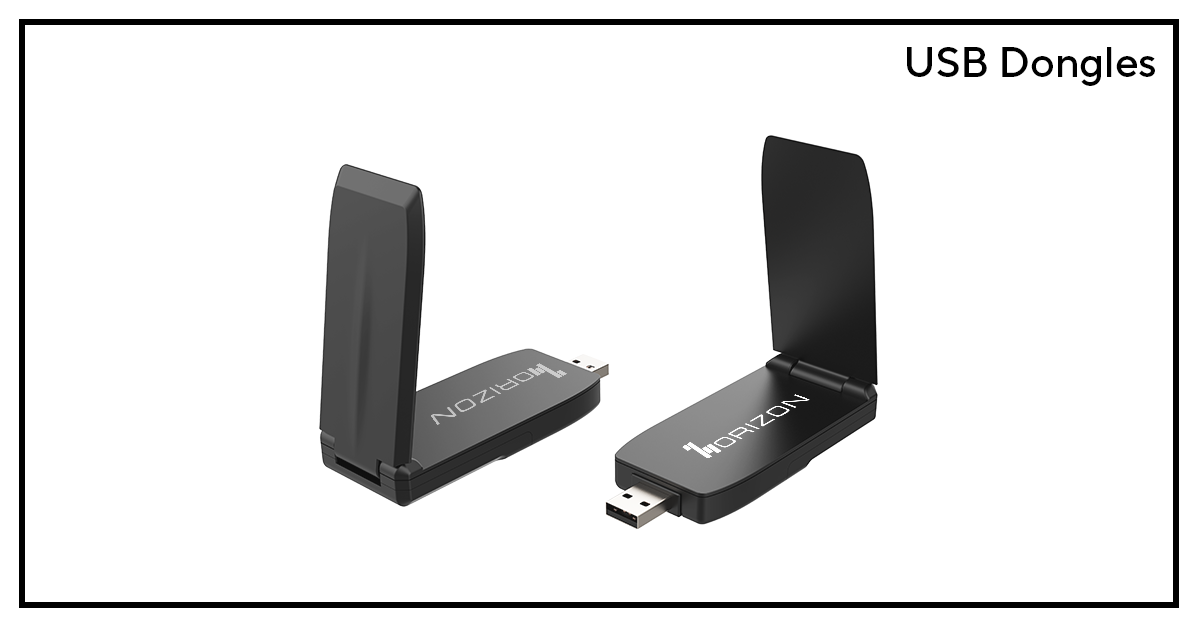USB Dongles: A Comprehensive Guide to Their Functions and Applications
In today’s interconnected world, the need for portable and versatile data transfer solutions is paramount. USB dongles have emerged as indispensable tools for various applications, offering convenience, mobility, and enhanced connectivity. These compact devices have become ubiquitous due to their versatility and ease of use. This article aims to provide an elaborate and detailed insight into USB dongles, their functionalities, applications, and future potential.

What is USB Dongles?
A USB dongle, also known as a USB key, USB token, or USB adapter, is a small hardware device that connects to a computer or other electronic devices via a USB (Universal Serial Bus) port. Its primary function is to provide additional capabilities, such as wireless connectivity, data storage, security authentication, or software protection. USB dongles come in various forms, including Bluetooth adapters, Wi-Fi adapters, 4G/5G mobile broadband modems, security dongles, and more.
Mobile Broadband Dongles
Mobile broadband dongles, also known as mobile hotspots or USB modems, enable users to access the internet on their laptops or other devices using cellular networks. These dongles are particularly useful when traveling or when there is no accessible Wi-Fi network. They utilize a SIM card from a mobile network provider to provide internet connectivity on the go.
CBRS USB Dongles
CBRS USB Dongles are a type of Mobile Broadband Dongle that utilizes Sub 3.5 to 3.7 GHz frequency spectrum used for private cellular networks and connects any device non CBRS enabled devices to the private CBRS network
Data Storage Dongles
USB dongles can also serve as portable data storage devices, similar to USB flash drives or memory sticks. These dongles often have larger storage capacities and can securely store data, documents, presentations, and media files. They are easy to carry around, making them ideal for data backup, file sharing, and transferring data between devices.
Future Potential
As technology continues to advance, the potential applications for USB dongles are likely to expand further. With the advent of 5G networks, mobile broadband dongles could provide even faster and more reliable internet connections, enhancing the possibilities for remote work, telemedicine, and IoT applications. Additionally, security dongles are expected to play an increasingly critical role in protecting sensitive data and digital identities in an ever-evolving cybersecurity landscape.
Wireless Connectivity Dongles
One of the most common types of USB dongles is the wireless connectivity dongle, which enables devices without built-in Wi-Fi or Bluetooth capabilities to connect to wireless networks. Users can simply plug the dongle into the USB port, and the device can then access the internet or connect to other devices wirelessly. These dongles are widely used for laptops, desktop computers, gaming consoles, and even smart TVs.
Security Dongles
Security dongles, also called hardware security keys or authentication tokens, are used to enhance the security of digital systems. These dongles store encrypted authentication information, such as cryptographic keys or digital certificates, to provide two-factor or multi-factor authentication. They act as physical keys that must be present for access to specific software, networks, or data, making them an essential component in safeguarding sensitive information.
Applications of USB Dongles
- Business and Enterprise: USB dongles play a crucial role in various business environments. Security dongles ensure only authorized personnel can access proprietary software, protecting valuable intellectual property. Additionally, mobile broadband dongles enable remote workers to stay connected and be productive while on the move.
- Education: USB dongles can be used in educational settings to provide students with internet access in areas with limited connectivity or to securely access educational software and resources.
- Gaming: In the gaming industry, USB dongles are used for secure digital rights management (DRM) to prevent software piracy and unauthorized distribution of games.
- Internet of Things (IoT): USB dongles can be utilized in IoT applications to enable wireless communication between IoT devices and centralized systems.
- Home and Personal Use: Consumers often use wireless connectivity dongles to upgrade older devices with wireless capabilities or to connect peripherals like wireless keyboards and mice. Data storage dongles are commonly used for personal data backups and media storage.
Horizon Dongle Devices
Horizon is an OEM that manufactures cutting edge of telecom technology and is determined to bring products with the latest technologies to its customers. Horizon’s CBRS USB Dongle, DG10 has been our flagship CBRS USB device. There are more 5G USB dongles on its way which is also CBRS-ready.
USB dongles have become indispensable tools in our technology-driven world. Their versatility and ease of use make them essential for enhancing connectivity, data storage, and security across various applications. As technology continues to evolve, USB dongles will undoubtedly continue to play a vital role in shaping the future of data transfer, wireless connectivity, and digital security.








